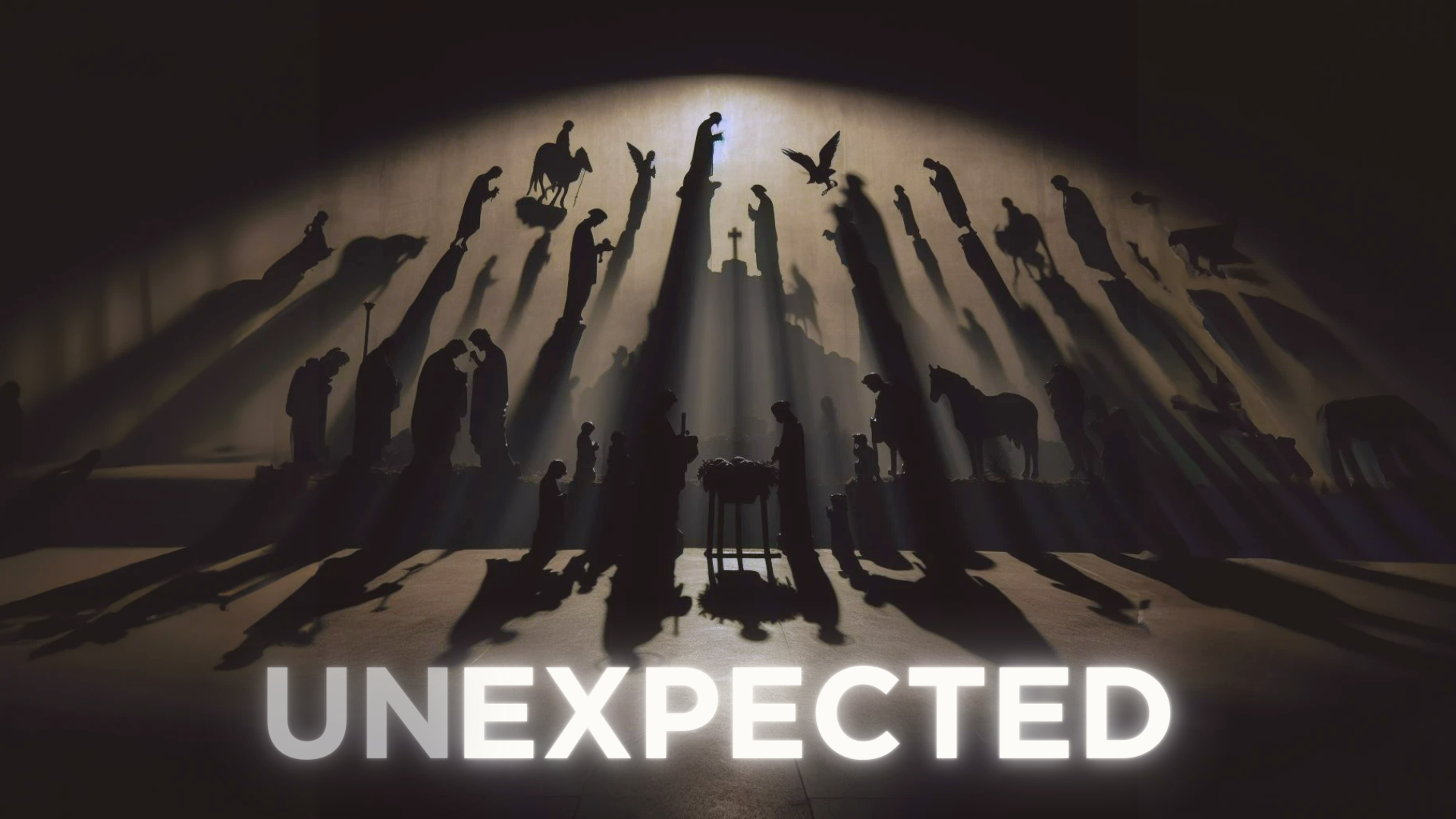“Why him?” - Herod
In this series, we take a closer look at the Nativity story through the lens of each character to see how God works in unexpected ways through unexpected circumstances.
Scripture: Matthew 2:1-8
When the unexpected happens, it often feels like being knocked off balance. After the impact, you suddenly feel time slow down as your worldview shifts and gravity begins to take over. In those few milliseconds, your instincts might also kick in and cause you to reach out as you hope to grab onto something to steady yourself. This is exactly how Herod probably felt as he received news of a new “King of the Jews” from the visiting Wisemen. Matthew’s account tells us that this “troubled” feeling was not unique to Herod but affected the whole of Jerusalem as well. In a way, this is Matthew saying this news sent waves through the religious epicenter of the world and signaled to the powers that be, that their days were limited. But rather than submit to this new reality, Herod resists. Feeling the gravitational pull, he desperately clings to the remaining shreds of power, plotting to overcome the inevitable. The fact that a new King has arrived means that the Kingdom he knew and built will never be the same. As is customary when new leaders replace old ones, they reshape the nation according to their preferences, rearranging the metaphorical furniture until it's unrecognizable. And if Jesus is indeed the awaited Messiah, fulfilling Old Testament prophecy, then that is precisely his intent for all of us. Acknowledging him as King means he will inevitably challenge your perspectives and reshape your world, altering the course of your life.
The difficulty we face is that similar to Jerusalem, we too are led by a puppet king placed there by the powers and principalities of the age. According to history, Herod did not have a direct claim to the throne but was placed there due to his friendly relationship with the Romans. The Bible, in its poetic fashion, unveils the truth by reinterpreting history to say that we too are ruled by pseudo-leaders with no legitimate claim to our lives. The question for us is whether we will be like Herod (insecure and fearful) or will we be humbly seeking to worship Jesus as our true king. Will we resist or will we submit?
As the story continues, notice how both Jerusalem and Herod are troubled but it is Herod alone who acts in secret. He decides to track down the newborn king not to worship him but to kill him. Jerusalem may be “troubled” but it is its King who takes matters into his own hands. Similarly, the pseudo-king in all of us will do everything it can to prevent Jesus from being born in our world. Thankfully, God’s plans are not so easily thwarted. The hope of Christmas is that even in the worst circumstances, God’s light still shines and will lead you to Jesus. Just as the light faithfully guided the Wisemen to where Jesus was born, it can guide us so that we might discover the hope Jesus brings in our own lives. Contrary to Herod, it is a hope that is secure and open to the possibilities God is manifesting in our world, beginning with his own birth. This hope is not distant but is making itself available to all who seek it. This is the hope of Christmas.
Study questions:
Are you open or resistant to change in your life?
What are the pseudo-kings in your life that rule you and prevent Jesus from bringing change?
What does hope mean to you?
Have you ever felt out of control of your life?
What role does insecurity play in this story?

